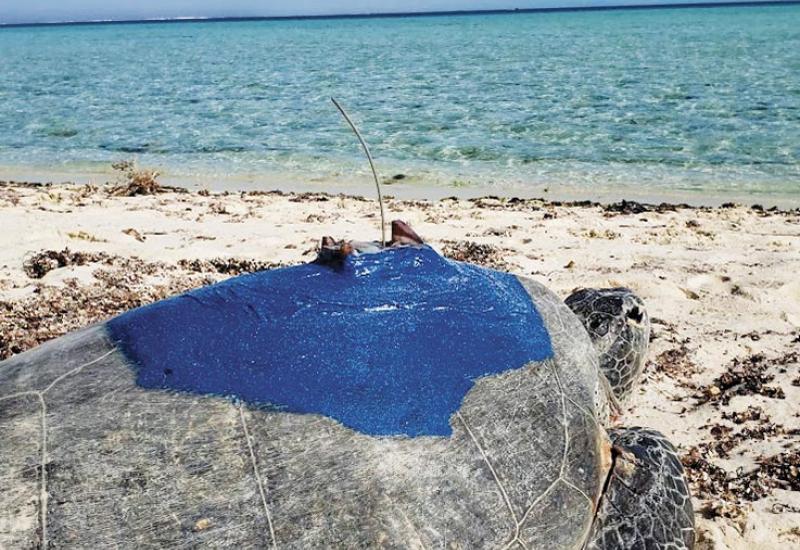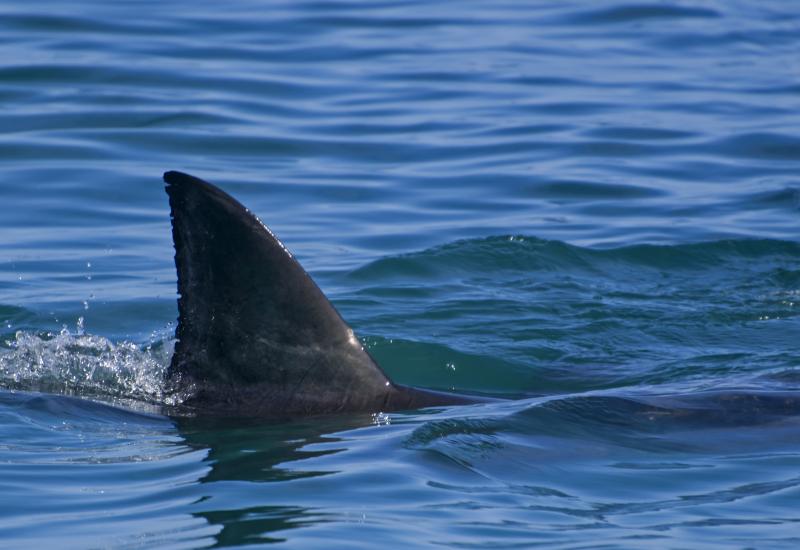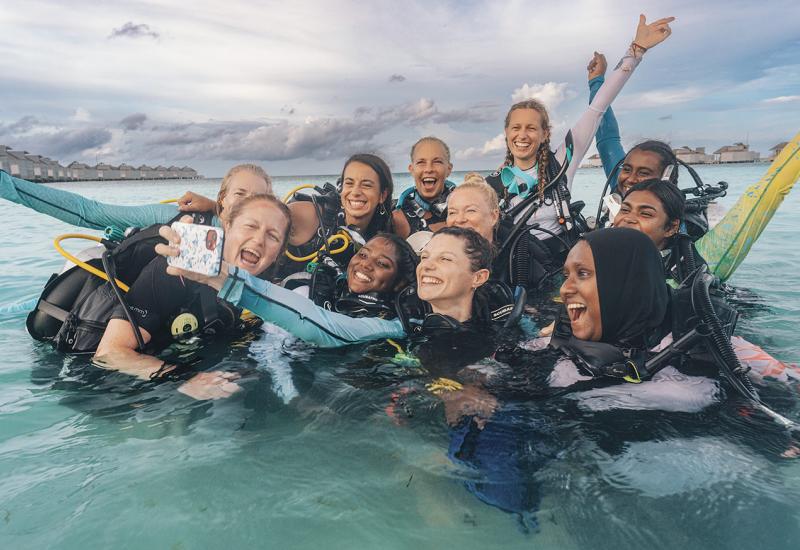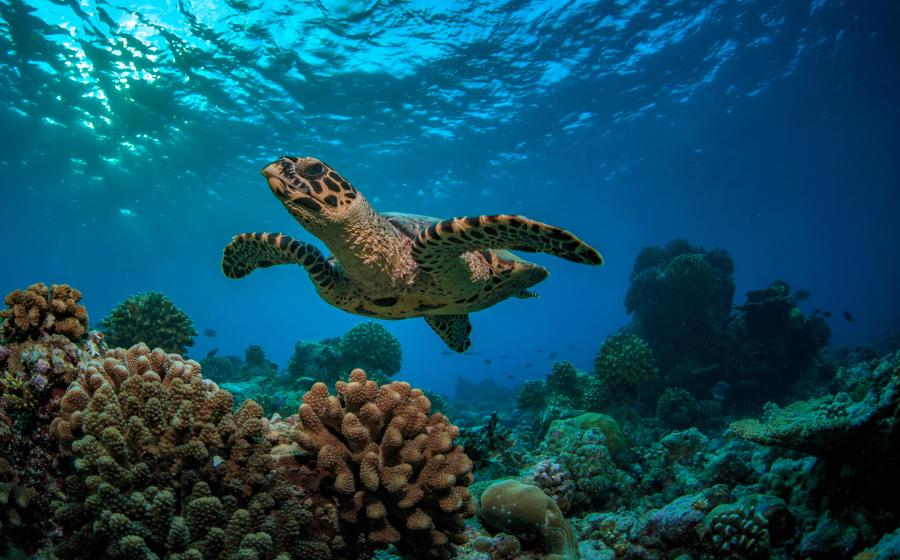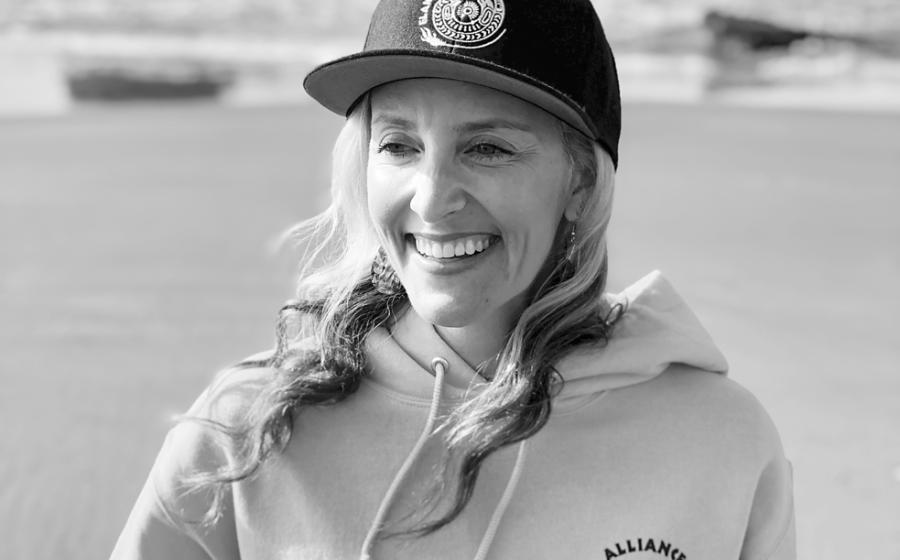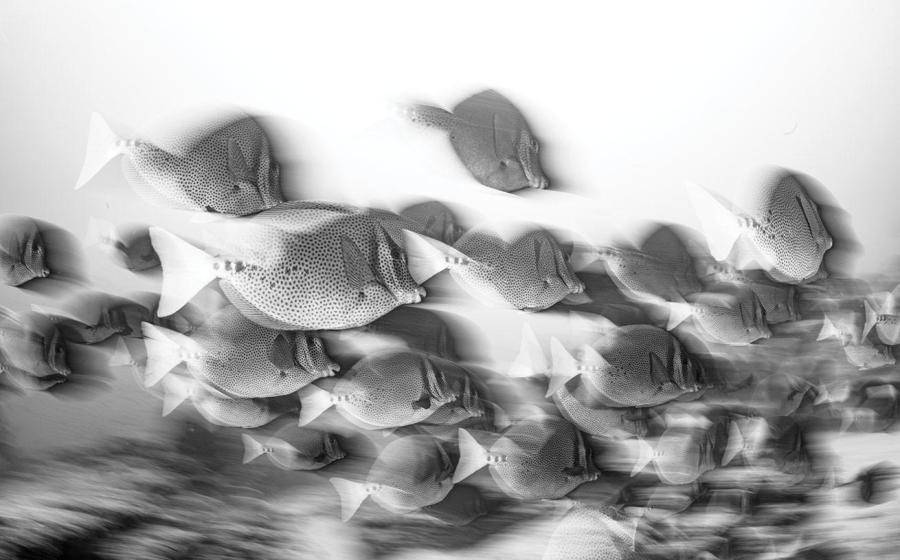Proper Coral Reef Etiquette Reaps Widespread Benefits
Florida Keys -- The coral reef "no touch" rule is strictly enforced for all divers and snorkelers visiting the Florida Keys National Marine Sanctuary, and the first ones to enforce it are the dive operators throughout the Keys.
Leading the pack of these reef protectors are Rob Bleser of Quiescence Dive Shop in Key Largo and Michael Goldberg of Key Dives in Islamorada. Along with other local dive operators, they're passionate about fulfilling their responsibility to inform their customers about proper coral reef etiquette.
"When folks are diving in the Florida Keys, it's a never-ending educational process," said Bleser, who owns Quiescence. "We're doing it every day with every diver, quite often regardless of their experience. This goes along with what the National Oceanic and Atmospheric Administration sends out for reef education."
Goldberg of Key Dives agreed: "We are in the water with all our divers -- a six-to-one ratio -- with no exceptions. This affords us many opportunities to make sure they employ proper reef etiquette."
According to Goldberg, his company's procedures with divers include:
-
Allowing no gloves, except when diving on the wrecks.
-
Doing weight checks on the surface.
-
Trimming their divers correctly during the dive -- meaning they take weight off them during the dive or sometimes redistribute the weight on the belt.
-
Demonstrating to new divers the proper position, how far to keep off the reef and correct swimming kick style.
-
Correcting any divers who touch the coral, although this is rarely necessary since divers are not allowed to wear gloves.
Bleser pays particular attention to educating new divers.
"When we have an open-water student, a beginner, you go through boat and dive etiquette so you cover the basis of wherever they are traveling," he said. "We're able to do that easier than most operators because we only carry six passengers, so we can do more one-on-one education."
Goldberg, too, ensures that his beginning divers understand a simple priority: "We make sure they know that touching the coral reef is damaging."
One of Bleser's main pet peeves involves private boats invading an area where dive boats are moored.
"One of our biggest safety issues is with boaters who forget about dive flag etiquette and people attempting to dive in conditions that they don't properly evaluate," Bleser said. "Oftentimes these folks are not paying attention to the current, not concerned with staying close to the boat and not remembering to have someone who knows how to operate the vessel remain on the boat at all times."
He also pointed out that private boats, especially those with tanks on board, often don't slow down when they notice a dive flag.
"These folks know there are already divers in the area and still try to muscle their way in," he said. "It's amazing to see and still happens very regularly."
However, he added that private boats sometimes do educate others about not anchoring on the reef -- an important aspect of reef etiquette.
When divers are educated in reef responsibility, everyone involved benefits -- and, perhaps most important, so does the coral reef that remains the Florida Keys' greatest environmental treasure.
For more information on diving the Florida Keys, visit www.fla-keys.com/diving.
Florida Keys -- The coral reef "no touch" rule is strictly enforced for all divers and snorkelers visiting the Florida Keys National Marine Sanctuary, and the first ones to enforce it are the dive operators throughout the Keys.
Leading the pack of these reef protectors are Rob Bleser of Quiescence Dive Shop in Key Largo and Michael Goldberg of Key Dives in Islamorada. Along with other local dive operators, they're passionate about fulfilling their responsibility to inform their customers about proper coral reef etiquette.
"When folks are diving in the Florida Keys, it's a never-ending educational process," said Bleser, who owns Quiescence. "We're doing it every day with every diver, quite often regardless of their experience. This goes along with what the National Oceanic and Atmospheric Administration sends out for reef education."
Goldberg of Key Dives agreed: "We are in the water with all our divers -- a six-to-one ratio -- with no exceptions. This affords us many opportunities to make sure they employ proper reef etiquette."
According to Goldberg, his company's procedures with divers include:
Allowing no gloves, except when diving on the wrecks.
Doing weight checks on the surface.
Trimming their divers correctly during the dive -- meaning they take weight off them during the dive or sometimes redistribute the weight on the belt.
Demonstrating to new divers the proper position, how far to keep off the reef and correct swimming kick style.
Correcting any divers who touch the coral, although this is rarely necessary since divers are not allowed to wear gloves. Bleser pays particular attention to educating new divers.
"When we have an open-water student, a beginner, you go through boat and dive etiquette so you cover the basis of wherever they are traveling," he said. "We're able to do that easier than most operators because we only carry six passengers, so we can do more one-on-one education."
Goldberg, too, ensures that his beginning divers understand a simple priority: "We make sure they know that touching the coral reef is damaging."
One of Bleser's main pet peeves involves private boats invading an area where dive boats are moored.
"One of our biggest safety issues is with boaters who forget about dive flag etiquette and people attempting to dive in conditions that they don't properly evaluate," Bleser said. "Oftentimes these folks are not paying attention to the current, not concerned with staying close to the boat and not remembering to have someone who knows how to operate the vessel remain on the boat at all times."
He also pointed out that private boats, especially those with tanks on board, often don't slow down when they notice a dive flag.
"These folks know there are already divers in the area and still try to muscle their way in," he said. "It's amazing to see and still happens very regularly."
However, he added that private boats sometimes do educate others about not anchoring on the reef -- an important aspect of reef etiquette.
When divers are educated in reef responsibility, everyone involved benefits -- and, perhaps most important, so does the coral reef that remains the Florida Keys' greatest environmental treasure.
For more information on diving the Florida Keys, visit www.fla-keys.com/diving.

